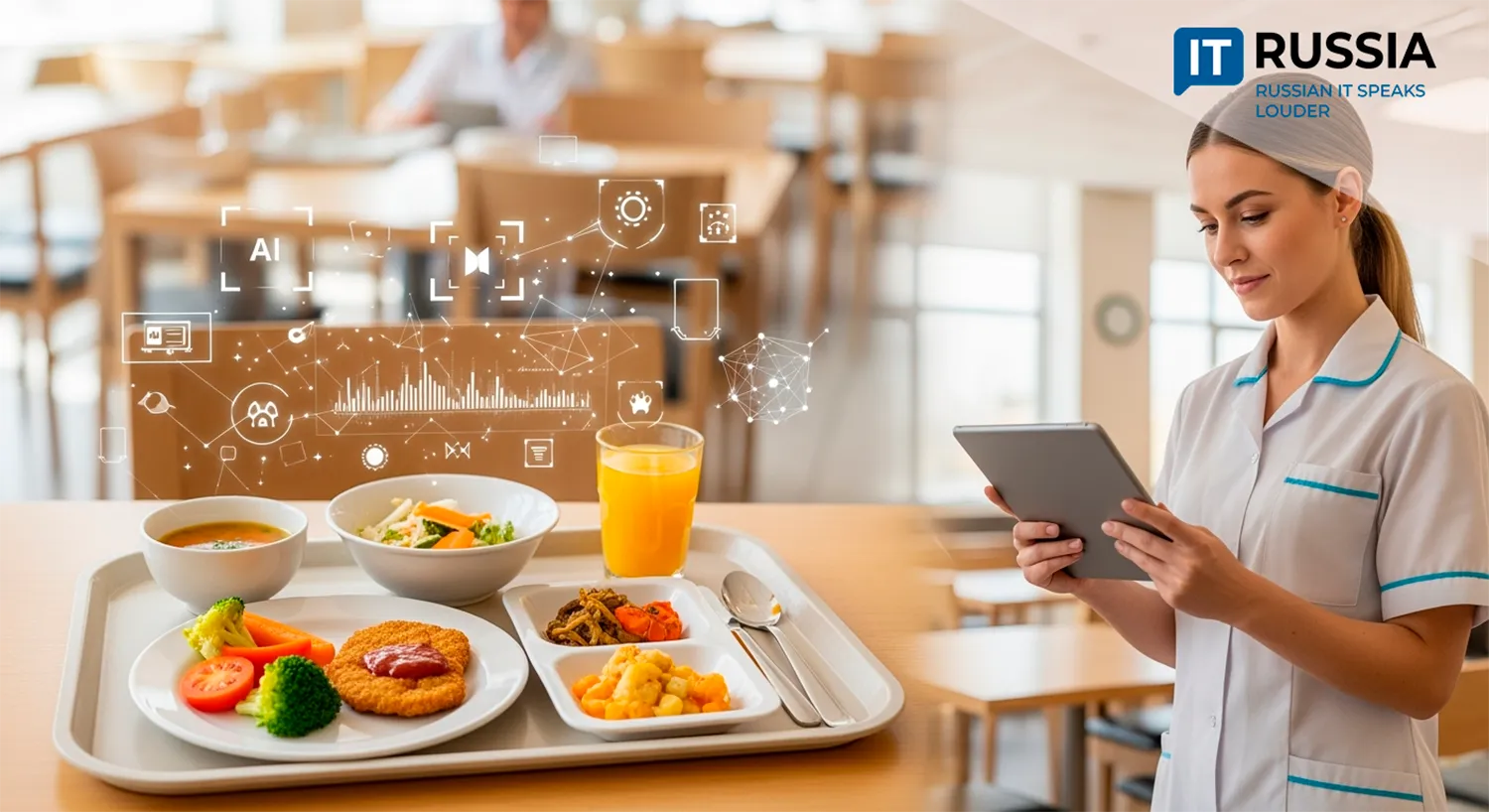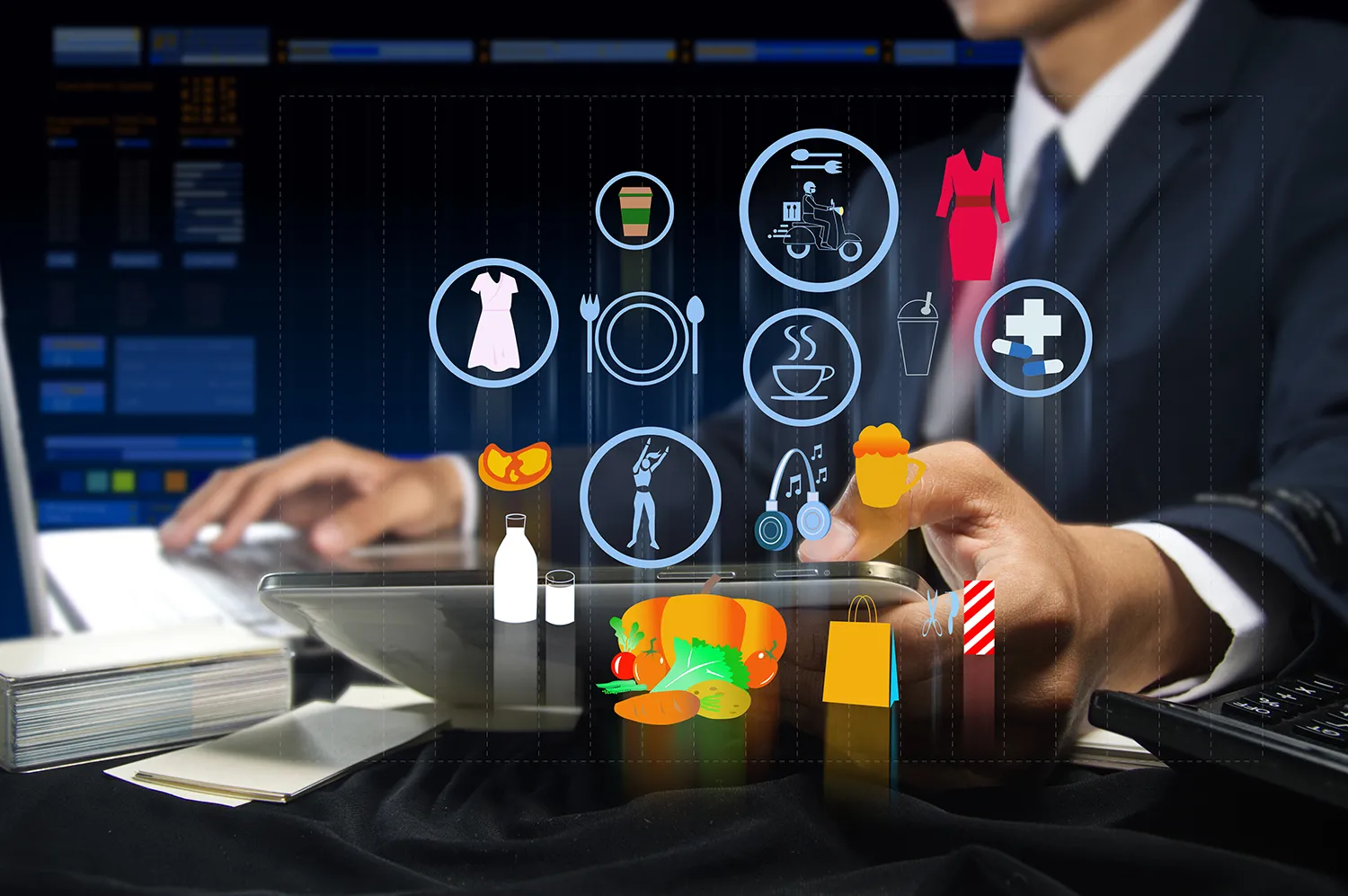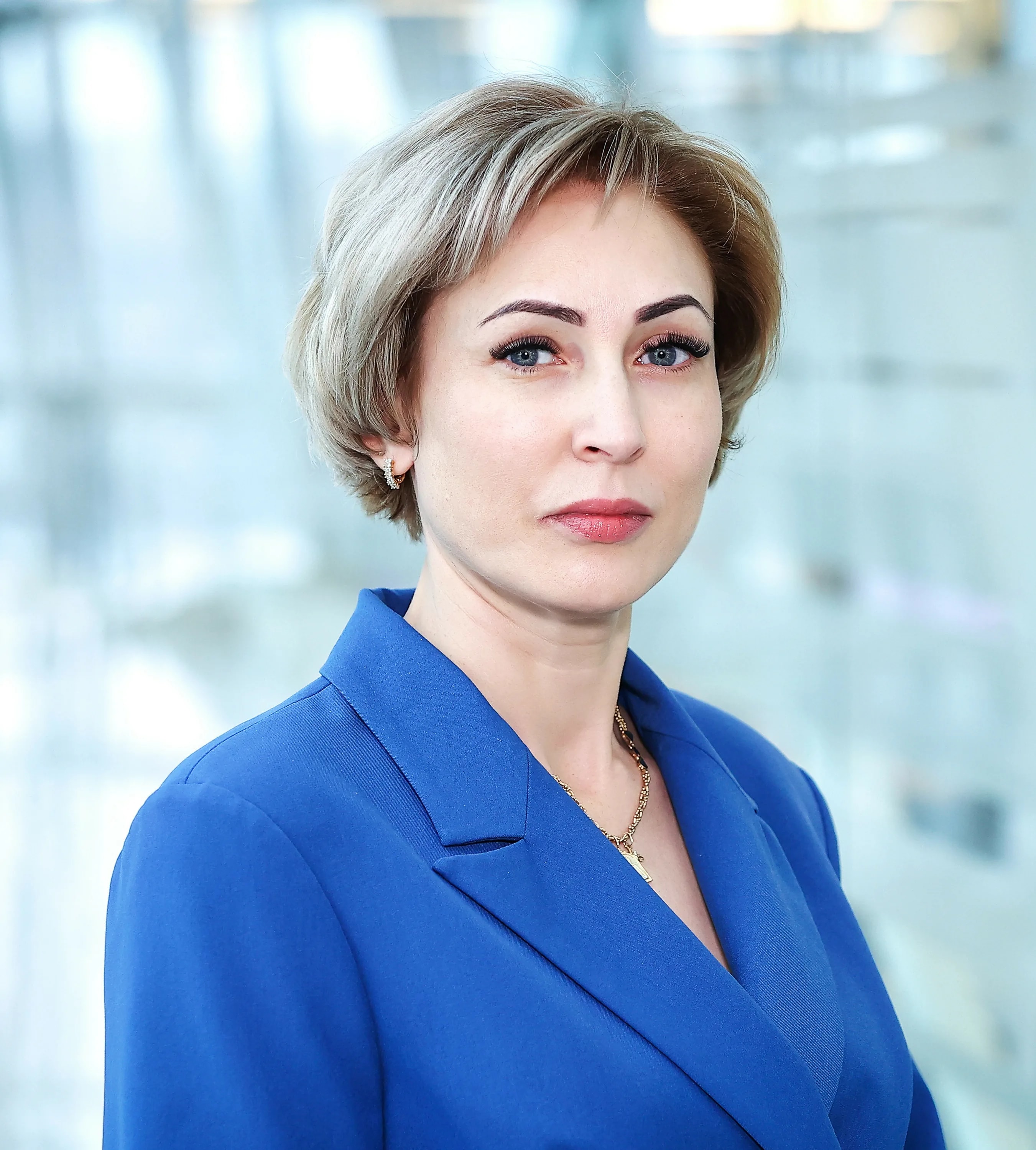AI System in Moscow Region Monitors Child Nutrition in Social Institutions

In the Moscow Region, artificial intelligence is now monitoring meals served in social institutions for children—part of a broader effort to improve nutrition quality and reduce human error in oversight.
AI Oversight Covers 125 Dishes Across 133 Facilities
The AI model is currently deployed in 133 facilities across the region, including family and rehabilitation centers. As of early 2025, more than 65,000 food tray images have been analyzed, leading to the identification of 254 violations, according to the Moscow Region Ministry of Public Administration, IT, and Communications.
Photos are uploaded daily via the 'Inspections of Moscow Region' app by staff at varying mealtimes. The AI reviews each submission, comparing visual data with dietary standards. A human moderator then verifies any flagged incidents, ensuring corrective action is taken where needed.

Automated
Compliance Enhances Transparency and Safety
By automating inspections, the AI system reduces manual workload and enables broader, more consistent coverage. It also strengthens public trust by making nutritional oversight more transparent and accountable.
The solution may soon scale across the entire Moscow Region and integrate with the federal 'Digital School' initiative by the end of 2025. Other Russian territories, such as Tatarstan, Sverdlovsk Region, and the Southern Federal District, are exploring adoption. Certification for international deployment is also under discussion, especially in regions with high demand for tech-driven food safety, such as the CIS, EU, and China.
AI is also being used in these facilities to monitor cleanliness and order—further expanding its role in managing public-sector environments.

Toward
a Global Standard in Public-Sector AI
Russia’s interest in AI-powered infrastructure oversight dates back several years. In 2022, Yakutia introduced a cloud-based school management system to oversee scheduling, library access, and student movement tracking. In 2025, Uzbekistan will roll out a nutrition tracking module in its preschool education system.
Experts say these scattered pilots are giving way to systemic AI integration in public infrastructure—an evolutionary leap in digital governance. Nutrition monitoring, once labor-intensive, is now automated and scalable.

This case study adds to a growing global conversation: Can AI manage social infrastructure more effectively than traditional oversight mechanisms?










































